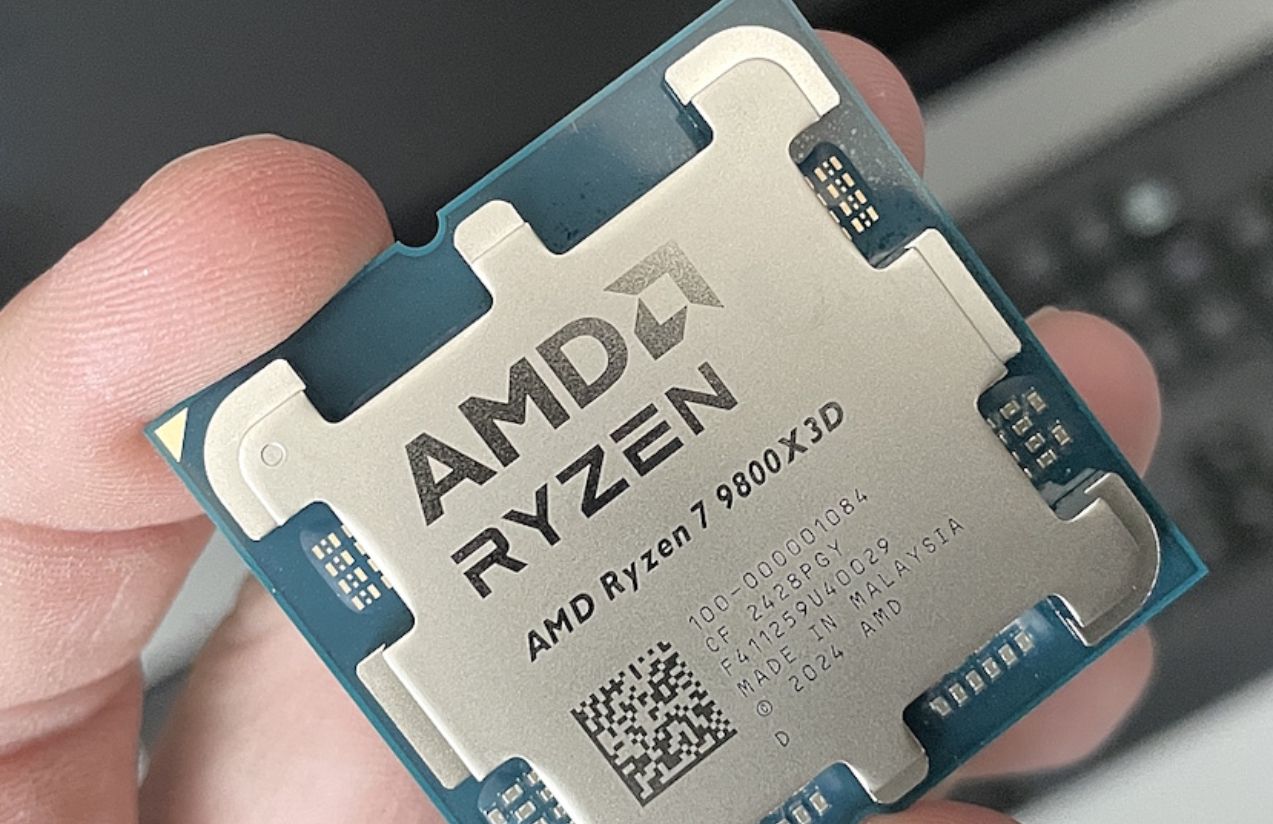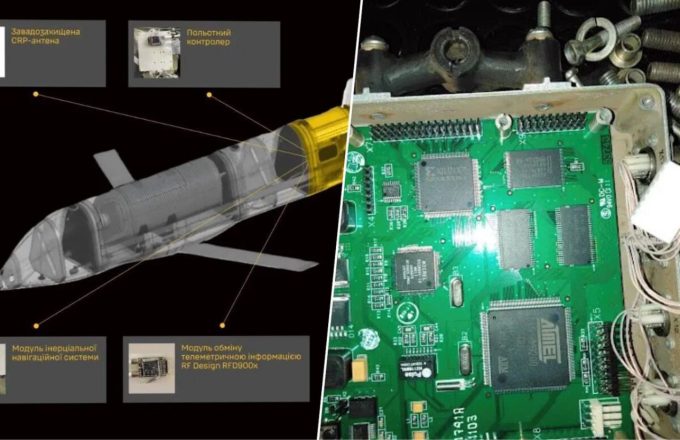At the end of 2024, AMD launched the Ryzen 7 9800X3D, the most powerful gaming processor available on the market. To maximize its performance, it was released alongside a new series of motherboards. However, not all models are fully compatible, especially those from ASRock.
To date, more than 120 failure cases have been documented, 82% of which involve ASRock motherboards. This suggests there is a specific issue with their models.
Last week, ASRock issued a statement claiming that, after analyzing the reports, they had not found any faults in their motherboards. Nevertheless, they took the opportunity to release the final version of BIOS 3.20, which had been in beta since the problems started multiplying.
Until now, AMD had not made any statements on the matter, neither through official announcements nor in the media. However, with recent failures also appearing in Ryzen 9 9950X3D processors, Lisa Su’s company decided to step in and issued a statement via Tom’s Hardware.
According to AMD, the issue stems from memory incompatibilities that prevent the system from completing the boot process (POST). ASRock has supposedly addressed this with the release of BIOS version 3.20, making updating to the latest BIOS version the only recommended solution.
In the same statement, AMD notes that POST errors can result from various factors and are not necessarily due to a CPU malfunction. Therefore, they recommend updating the BIOS for each affected model. However, their explanation does not entirely clarify whether the problem is exclusively related to memory, as they also suggest that users experiencing persistent issues should contact customer support for assistance.
It is hard to believe that a memory management issue during boot could render processors completely unusable. Normally, the motherboard would emit a beep or display an error code indicating the source or possible cause of the problem.
This situation is reminiscent of Intel’s past issues when the company blamed motherboard manufacturers for the instability of its 13th and 14th-generation processors. It seems that neither AMD nor ASRock has a clear understanding of the root cause of this issue.
We will find out more in the coming weeks. If the number of cases continues to rise, it will be evident that memory management is not the sole cause. In that case, the real issue may lie in the components used in ASRock motherboards, as, although other manufacturers have faced similar problems, over 80% of the reported failures involve their models.



















